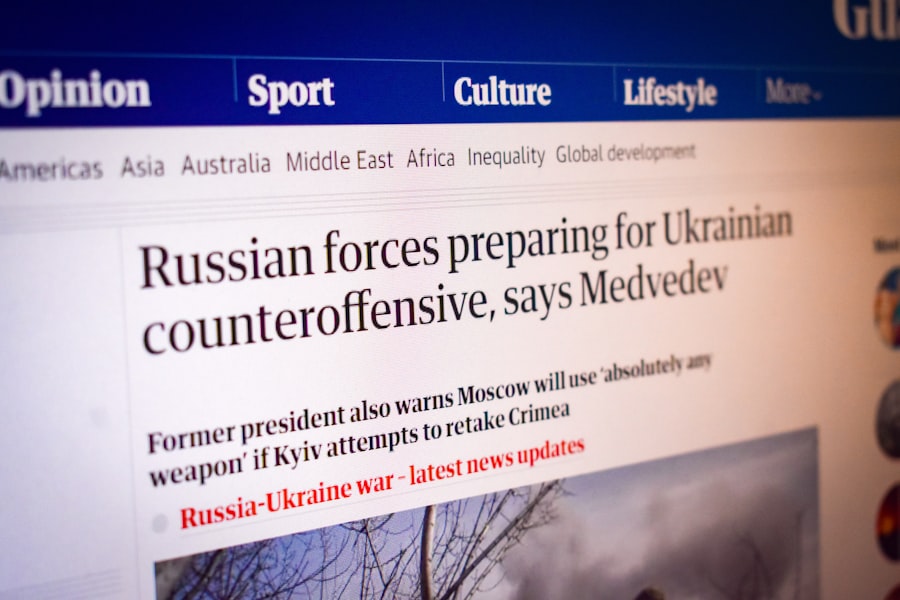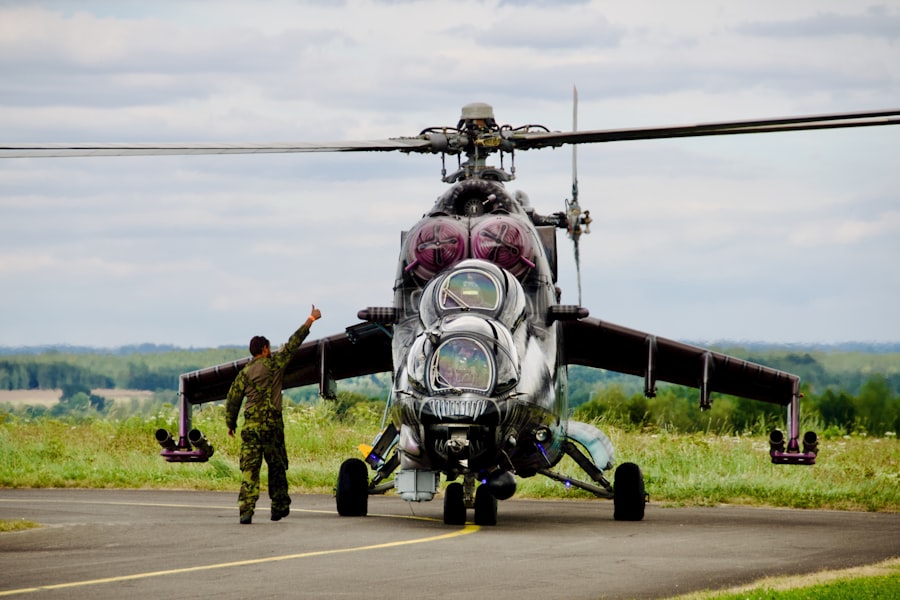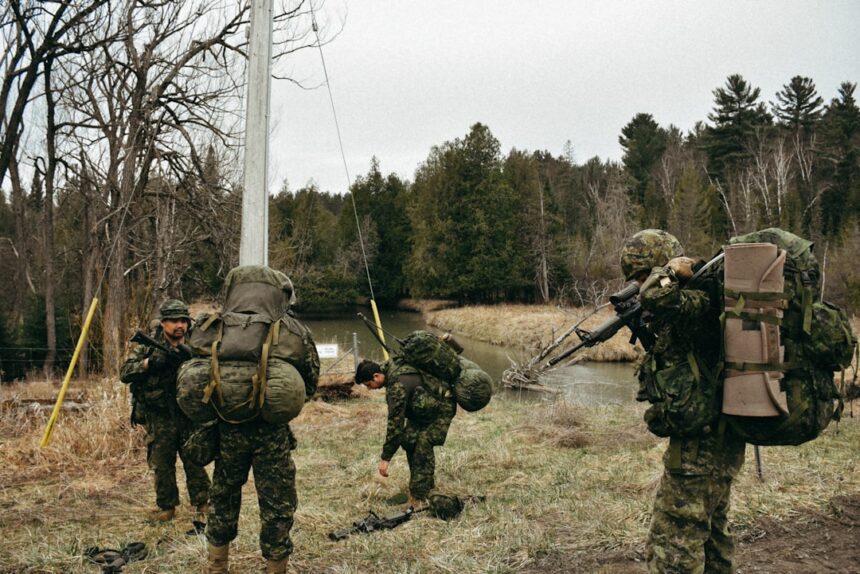The phenomenon of false readiness reports within the Russian military has garnered significant attention in recent years, particularly in light of ongoing geopolitical tensions. These reports, which often exaggerate the operational capabilities and preparedness of military units, serve various purposes, from bolstering national pride to influencing domestic and international perceptions. The implications of such inaccuracies are profound, affecting not only military strategy but also the broader landscape of national security and international relations.
False readiness reports can be seen as a double-edged sword. On one hand, they may provide a temporary boost to morale among troops and the civilian population, fostering a sense of strength and invincibility. On the other hand, they can lead to severe miscalculations in military planning and strategy, as leaders may base their decisions on inflated assessments of capability.
This disconnect between reported readiness and actual preparedness raises critical questions about the integrity of military reporting and its impact on Russia’s strategic posture.
Key Takeaways
- The Russian military has a history of providing false readiness reports, which has significant implications for national security.
- False readiness reports can have serious consequences on military operations, impacting the effectiveness and success of missions.
- Technology plays a crucial role in exposing false readiness reports, providing transparency and accountability in military reporting.
- False readiness reports can have far-reaching implications for international relations, eroding trust and credibility with other nations.
- Addressing the root causes of false readiness reports is essential for maintaining military morale and ensuring the effectiveness of the Russian military.
The History of False Readiness Reports in the Russian Military
The roots of false readiness reporting in the Russian military can be traced back to the Soviet era, where propaganda played a crucial role in shaping public perception and maintaining an image of strength. During the Cold War, the Soviet Union often presented an exaggerated portrayal of its military capabilities to deter adversaries and reassure its allies. This culture of misinformation has persisted into modern times, with contemporary Russian military leadership continuing to rely on inflated assessments to project power both domestically and internationally.
Historically, these false reports have been utilized not only for external messaging but also for internal purposes. Military leaders have often felt pressured to present an image of readiness to higher authorities, leading to a culture where honesty about deficiencies is discouraged. This cycle of deception has created an environment where the truth about military capabilities is obscured, resulting in a legacy of mistrust and miscommunication within the ranks.
How False Readiness Reports Impact National Security

The impact of false readiness reports on national security is multifaceted and far-reaching. When military leaders present an inflated view of their forces’ capabilities, it can lead to a dangerous overconfidence that may result in reckless decision-making.
Consequently, the potential for miscalculation in conflict scenarios increases, heightening the risk of escalation and unintended consequences. Moreover, false readiness reports can undermine strategic planning and resource allocation. If military planners operate under the assumption that their forces are more capable than they truly are, they may allocate resources inefficiently or overlook critical areas that require attention.
This misalignment can leave gaps in defense readiness, ultimately compromising national security and leaving the country vulnerable to external threats.
The Consequences of False Readiness Reports on Military Operations
| Consequences | Impact |
|---|---|
| Loss of Lives | Increased risk of casualties due to unpreparedness |
| Mission Failure | Failed operations due to lack of readiness |
| Damage to Equipment | Increased risk of damage to military assets |
| Loss of Trust | Erosion of trust between military units and leadership |
The consequences of false readiness reports extend beyond mere perception; they can significantly affect actual military operations. When commanders base their strategies on inaccurate assessments, they may deploy forces inappropriately or fail to prepare adequately for potential engagements. This disconnect can lead to operational failures, as troops may find themselves ill-equipped or unprepared for the challenges they face on the battlefield.
Additionally, the reliance on false readiness reports can create a feedback loop that perpetuates deficiencies within the military. If leaders consistently receive inflated assessments, they may become complacent, failing to address underlying issues that hinder operational effectiveness. This cycle not only jeopardizes current missions but also undermines long-term military readiness, as systemic problems go unaddressed.
The Role of Technology in Exposing False Readiness Reports
In an era defined by rapid technological advancement, new tools and methodologies have emerged that can expose false readiness reports with greater accuracy than ever before. Satellite imagery, advanced analytics, and open-source intelligence have become invaluable resources for assessing military capabilities independently of official reports. These technologies allow analysts to verify troop movements, equipment status, and overall readiness in real-time, providing a clearer picture of military preparedness.
Moreover, social media platforms have become a double-edged sword in this context. While they can be used for propaganda purposes, they also serve as a means for whistleblowers and insiders to share information that contradicts official narratives. This democratization of information has made it increasingly difficult for military leaders to maintain a facade of readiness without facing scrutiny from both domestic and international observers.
The Implications of False Readiness Reports for International Relations

False readiness reports have significant implications for international relations, particularly in terms of trust and credibility among nations. When one country consistently presents an exaggerated view of its military capabilities, it risks alienating potential allies and provoking adversaries. Other nations may respond to perceived threats with increased military preparedness or aggressive posturing, leading to heightened tensions and an arms race.
Furthermore, the exposure of false readiness reports can damage diplomatic relations. If a country is found to be misleading about its military capabilities, it may face backlash from other nations that feel deceived or threatened. This erosion of trust can complicate negotiations and hinder cooperation on critical issues such as arms control or conflict resolution.
The Political Fallout of False Readiness Reports in Russia
Within Russia itself, the political fallout from false readiness reports can be significant. Leaders who rely on inflated assessments may face criticism from opposition parties or civil society groups that demand accountability and transparency within the military. As public awareness grows regarding the discrepancies between reported readiness and actual capabilities, calls for reform may intensify.
Additionally, political leaders may find themselves in precarious positions if their reliance on false reports leads to military failures or miscalculations in conflict scenarios. The potential for public backlash against perceived incompetence can create instability within the ruling regime, prompting leaders to reassess their approach to military reporting and accountability.
The Impact of False Readiness Reports on Military Morale
The morale of military personnel is intricately linked to perceptions of readiness and capability. When troops are aware that their leadership is presenting inflated assessments, it can lead to disillusionment and skepticism regarding their own preparedness. Soldiers may feel unprepared for real-world challenges if they believe their superiors are not being honest about their capabilities.
Moreover, a culture of dishonesty can erode trust within the ranks. If soldiers perceive that their leaders are more concerned with maintaining an image than addressing genuine issues, it can foster resentment and disengagement among personnel. This decline in morale can have cascading effects on operational effectiveness, as motivated and cohesive units are essential for successful military operations.
Addressing the Root Causes of False Readiness Reports in the Russian Military
To effectively address the issue of false readiness reports within the Russian military, it is essential to identify and confront the root causes that perpetuate this culture of misinformation. One significant factor is the hierarchical nature of military command structures, which often discourages open communication and honest assessments from lower-ranking officers. Reforming these structures to promote transparency and accountability could help foster a culture where accurate reporting is valued over mere appearances.
Additionally, investing in training programs that emphasize critical thinking and realistic assessments could empower military leaders to provide more accurate evaluations of their units’ capabilities. Encouraging a mindset that prioritizes honesty over embellishment could ultimately lead to improved operational effectiveness and national security.
Lessons Learned from Exposing False Readiness Reports
The exposure of false readiness reports offers valuable lessons not only for Russia but for militaries around the world. Transparency and accountability are paramount in maintaining trust among both military personnel and civilian leadership. By prioritizing accurate assessments over inflated narratives, militaries can enhance their operational effectiveness and ensure that strategic decisions are based on reality rather than fiction.
Furthermore, fostering a culture that encourages open dialogue about capabilities can lead to more effective resource allocation and planning. When leaders are willing to confront uncomfortable truths about their forces’ readiness, they can take proactive steps to address deficiencies and improve overall performance.
The Future of Russian Military Readiness Reporting
Looking ahead, the future of Russian military readiness reporting will likely be shaped by ongoing technological advancements and evolving geopolitical dynamics. As new tools emerge for assessing military capabilities independently, it will become increasingly challenging for leaders to maintain a facade of inflated readiness without facing scrutiny. Moreover, as public awareness grows regarding the importance of accurate reporting for national security, there may be increased pressure on military leadership to adopt more transparent practices.
The potential for reform exists; however, it will require a fundamental shift in mindset within the Russian military establishment—a shift that prioritizes honesty and accountability over mere appearances. In conclusion, false readiness reports within the Russian military represent a complex issue with far-reaching implications for national security, international relations, and internal morale. Addressing this challenge will require concerted efforts at multiple levels—both within the military hierarchy and in broader societal contexts—to foster a culture that values truthfulness and transparency above all else.
In recent developments concerning the Russian military, there have been reports suggesting that the readiness levels of their forces may have been exaggerated through falsified documents. This revelation raises significant concerns about the transparency and reliability of military communications. For a deeper understanding of the implications of such actions and how they might affect global military dynamics, you can read a related article on this topic by visiting In The War Room. This source provides insightful analysis and context, shedding light on the broader consequences of misinformation within military operations.
WATCH NOW! 🎖️ Plot Twist: Russia’s Military Is Being Eaten Alive By Its Own Corruption
FAQs
What are the fake readiness reports in the Russian military?
The fake readiness reports in the Russian military refer to the practice of falsifying data and information about the readiness and capabilities of the military forces. This includes exaggerating the readiness levels of equipment, personnel, and overall combat readiness.
Why does the Russian military falsify readiness reports?
The falsification of readiness reports in the Russian military is believed to be a result of internal pressure to meet certain performance targets and maintain a facade of strength and capability. It may also be a way to secure funding and resources from the government.
What are the implications of fake readiness reports in the Russian military?
The implications of fake readiness reports in the Russian military are significant, as they can mislead the government, allies, and potential adversaries about the true capabilities and readiness of the Russian military. This can have diplomatic, strategic, and security implications.
How has the falsification of readiness reports been exposed?
The falsification of readiness reports in the Russian military has been exposed through various means, including whistleblowers, independent investigations, and international intelligence gathering. These revelations have raised concerns about the credibility and transparency of the Russian military.
What is the response of the Russian government to the issue of fake readiness reports?
The Russian government has denied the allegations of fake readiness reports in the military and has dismissed them as Western propaganda. However, there have been some internal investigations and efforts to address the issue, but the extent of these efforts and their effectiveness remain unclear.




